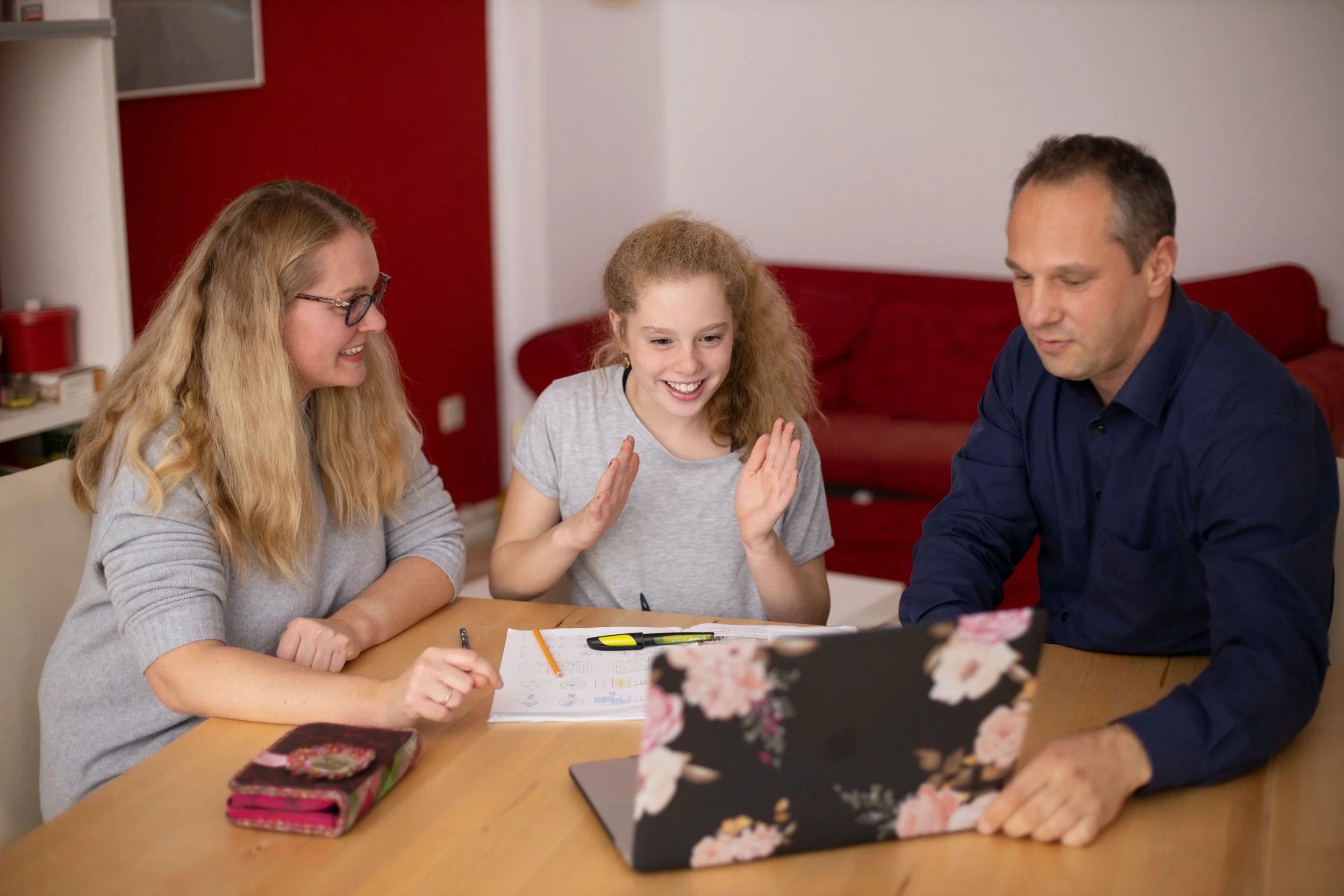The Benefits of Parent Sessions
by Ariella Cohen
Discipline
Discipline techniques and behavioural expectations are often embedded in us from a young age based on our own experiences of being parented. We may find it difficult to cope when our young people behave differently to what we’d expect, or how we behaved when we were children. This is a fairly common experience for many of our parents at The Kidd Clinic. Parents have shared that they feel confused or frustrated about how to discipline or even gently guide their child or adolescent, especially when the child doesn’t seem to respond to the “traditional” discipline methods that we experienced from our parents growing up. So why do these methods often not work with our young people?
A simple answer, young people today are not the same young people we were growing up. The world is evolving, young people today are exposed to many different experiences that we were not exposed to. With an increase in technology use, they have access to much more information than we did when young. In addition, the way they learn is different to what we know and experienced, in and out of school. If our child is neurodivergent then it’s likely that traditional parenting and teaching methods do not align with the way that they think, feel, communicate and learn. This means we may need to change our expectations of how children are both educated and parented.
Psychological Support
There are many young people who benefit from individual psychological therapy for various reasons such as managing difficult emotions, recognition of their own and others’ emotions, challenging home environments, anxiety, eating disorders and bullying. In addition, school can be a difficult place for children as they may feel they don’t fit in, or their needs are unrecognised or unsupported. Psychological therapy for young people can often help with difficulties at school, at home, and with transitions between the two.
Young people may benefit from some involvement from their caregivers in implementing therapeutic goals and making environmental changes to match their needs. Research has found that psychological outcomes are better for neurodivergent children and adolescents when parents are involved. At The Kidd Clinic, we often recommend parent sessions in addition to, or instead of, sessions for our young people.
Parent Sessions
So, when should parents attend therapy instead of or in conjunction with their young person’s individual sessions?
When a young person is resistant to therapy but they still need help and guidance, parents attend therapy to gain tools to share and implement with their child.
When your current discipline techniques aren’t working and you would like support with alternative parenting strategies.
When there is a clear disconnect or distance in your relationship with your young person.
When you feel you are not understanding or supporting your child’s needs appropriately.
When you and your partner have different parenting styles and beliefs on how your young people should be parented.
Strengthening Family Relationships
The above situations may cause increased stress in the parent-child relationship, between parents, and within the home generally. It can be extremely important for parents to be on the same team, especially in front of their children. Having parent-only sessions to establish a more collaborative approach with your young person can often result in a positive change in all family relationships. Gains can often be made without the young person having to attend therapy themselves, which is highly beneficial when therapy is something they find difficult. Our compassionate clinicians aim to resource parents, increase their parenting skills and confidence, and ensure they feel well supported.

